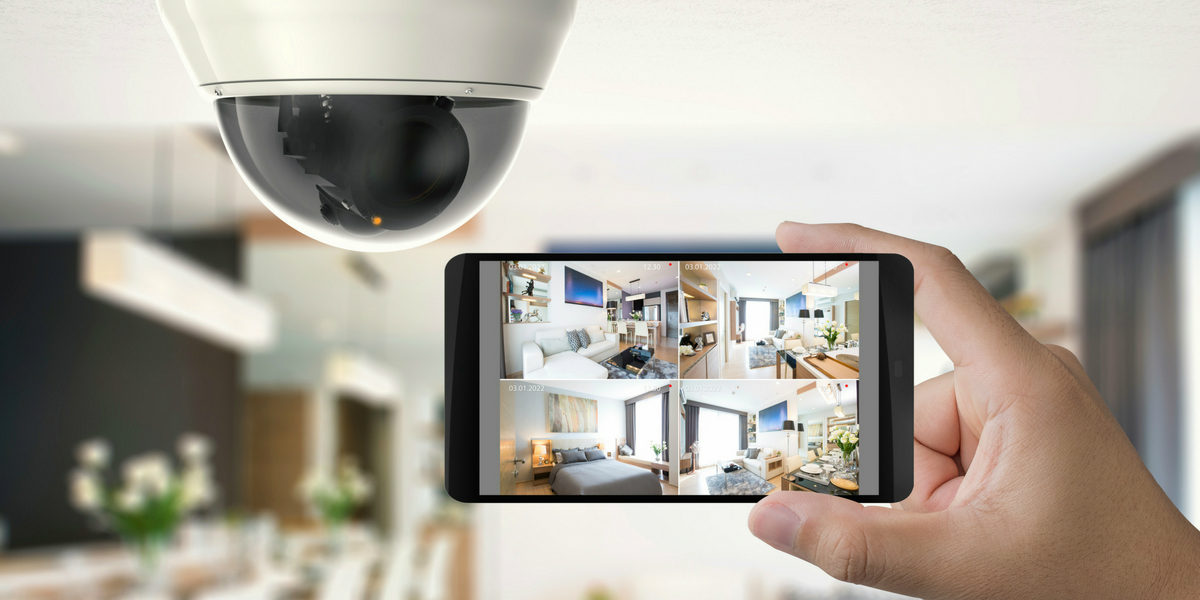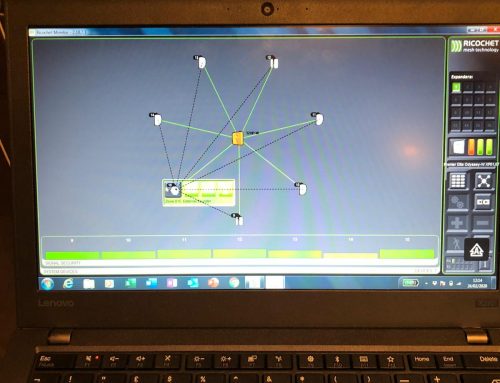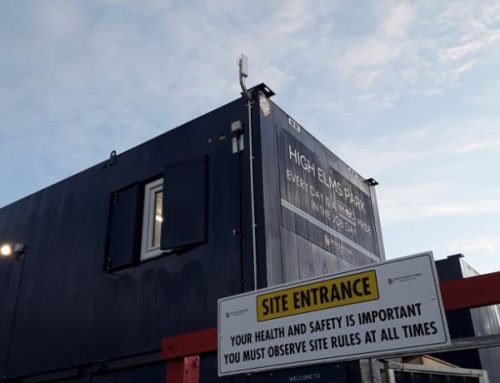Home security technology has advanced so rapidly over recent years that, to most homeowners, it’s just confusing!
You have heard the terms “Wi-Fi CCTV” and “Wireless CCTV” used separately and wondered… what’s the difference…?
Get your answers below, as well as some of the features and benefits.

First, how do wireless CCTV cameras differ from wired CCTV cameras?
Before we dive into exploring two types of wireless system, you first need to understand how a wireless CCTV system differs from a traditional wired system.
It may seem obvious… “One has wires, dummy!“… but don’t be fooled – there’s much more!
In a nutshell:
- Wired systems are less pleasing to the eye as they require cables and wiring around the house
- Wired systems require a cable connection to a power source (to turn it on) and another to a Network or Digital video recorder (NVR /DVR) so you can store, record and view the footage
- Wireless systems are usually battery powered, eliminating the need for wires to a power source, and connect with the NVR over a wireless network
- Wireless systems are popular due to the quick, easy and aesthetically pleasing installation – as well as features like mobile phone applications…
… Just like our home alarm package that includes a free internal CCTV camera that can be viewed on your mobile!
Is Wi-Fi CCTV the same as Wireless CCTV?
Technically speaking, No. They have very slight differences that are generally too complex for the average homeowner to understand. It requires a complex level of knowledge about encrypted and unencrypted network protocols (snore!).
For the purpose of this educational post, we’re going to say YES because the difference is so small. At the most basic level:
Wireless CCTV is known as IP CCTV – Internet Protocol CCTV OR Wi-Fi CCTV. They are usually battery powered cameras, eliminating the need for wires to transmit the data. Instead they transmit the data via the internet (your router). This can be compared to how a WhatsApp message is sent across the internet and reaches your friend’s phone, in a different part of the country.
The data travels through a cloud network which safely distributes it to the end user – in this case that’s the NVR which records your footage.
Benefits of IP CCTV
IP CCTV can connect to your router to send data across the web and give you remote access to your system.
If you use an unencrypted IP (internet protocol), you risk giving your nosy neighbours or web hackers access to your footage. That’s why it’s essential not to attempt a shoddy DIY job. Always call in certified experts, like MTS, to set up your CCTV system!
Another benefit of IP CCTV home alarms is, you don’t necessarily need an internet connection to record footage. Many digital video recorders have internal memory and data storage, which allows you to replay footage via TV or computer monitor. However, if you want to control the system via smartphone, you’ll need to use a gateway.
MTS KNOW BEST!
As you have discovered from this post, CCTV systems are a little more complicated than they appear. A properly installed, secure network system depends on an experienced security company.
MTS have an SSAIB (Security Systems and Alarm Inspection Board) certification to offer homeowners peace of mind. We love making security simple.



